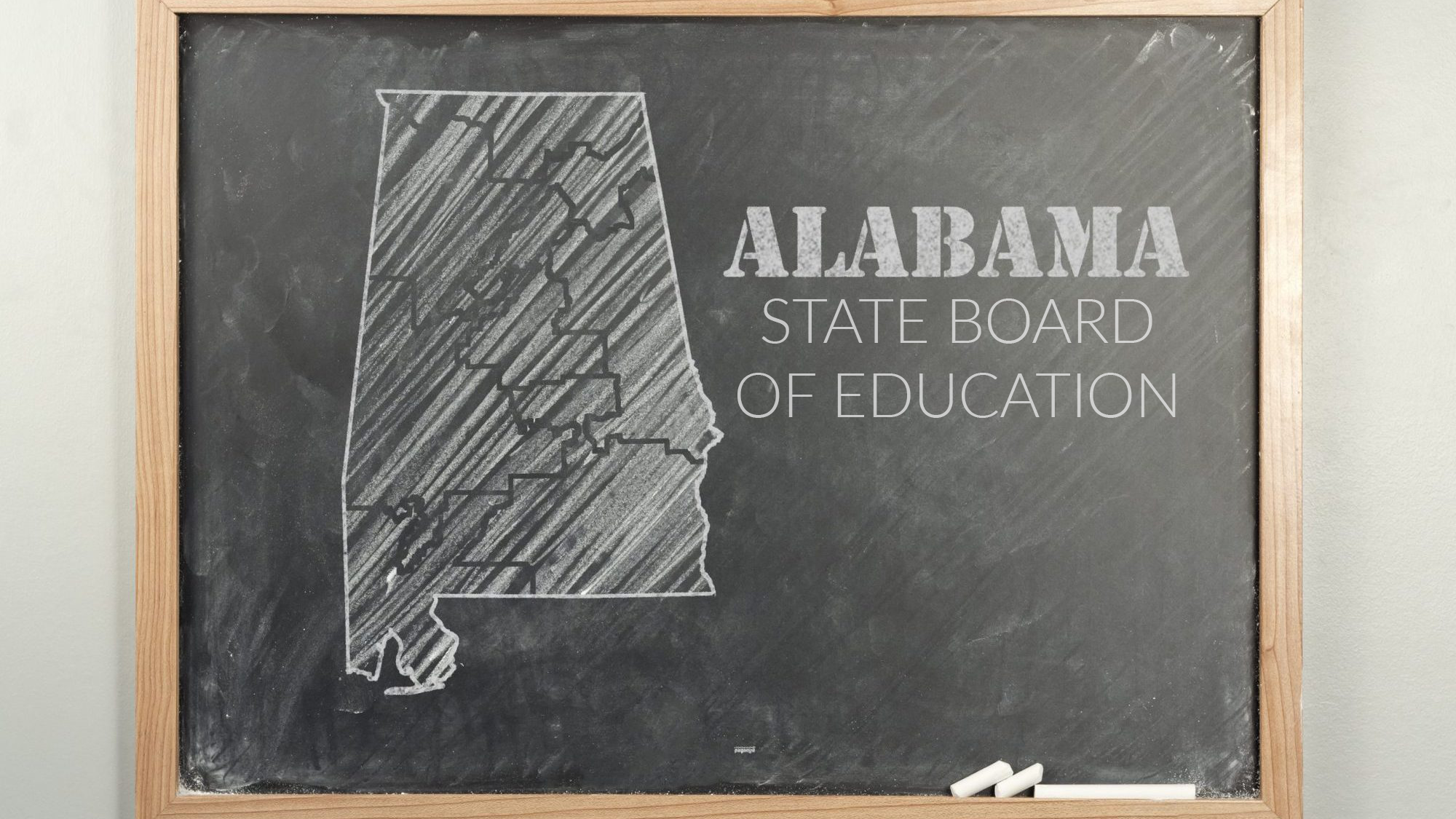The ACLU of Alabama sent a letter on Wednesday to the Alabama State Department of Education urging it to “think critically” about the implications of banning discussion of certain concepts related to race, gender and oppression in public school classrooms.
The letter was in response to a resolution the board discussed on June 15 that was drafted by the Alabama Policy Institute and Eagle Forum, the conservative interest group founded by Phyllis Schlafly in 1972. The resolution prohibits educators from teaching about controversial issues or current events without exploring them from “contending perspectives” and asserts that they must ensure “freedom of inquiry and instruction, and freedom of speech and association.”
In its own letter last month, the institute urged the board to adopt the resolution to protect students from a nationwide trend in racial equity discourse that it said threatens their ability to be free of the injustices of the past.
“To allow activist dogma to now enter into the classrooms of our children and tell them they have no real hope because they are oppressed as a birthright — or that they are an oppressor by virtue of their skin color — is antithetical to the harmony and social equity that the laws of this state have been amended to protect,” wrote Phil Williams, the institute’s chief policy officer and general counsel.
ACLU of Alabama’s executive director, JaTaune Bosby, rejected Williams’ characterization of the resolution as well as the concepts it seeks to limit.
“Instead of preserving intellectual freedom, this resolution is a blatant attempt to suppress and censor speech,” Bosby wrote. “While states generally have latitude to determine school curricula, this effort to ban conversations about race would effectively gag educators and students, preventing both from teaching and learning effectively. We urge the Alabama State Department of Education to reject this resolution and maintain true intellectual freedom by allowing people the ability to talk openly about all ideas, not just the ones certain people like.”
The controversy over critical race theory has become a focal point in the nation’s culture war in the last year or so. It has existed as an academic concept for more than four decades, originating in the late 1970s as a framework with which to analyze how the U.S. legal system has been used to prevent Black Americans from bettering their lives and communities.
The concept swept into the national dialogue about race after The New York Times Magazine published The 1619 Project in 2019. The body of work by journalist Nikole Hannah-Jones shifts the focus of the country’s founding from 1776, to more than 150 years earlier, when the first enslaved Africans were brought to the colonies, their physical labor becoming the basis for the economic growth of the nation-to-be.
The concept was made even more controversial with the racial reckoning since George Floyd was killed. President Trump publicly challenged its influence, banning it from training programs for federal employees. Last month, he called it “psychological abuse,” echoing the opposition of mostly white conservative commentators and mostly white parents at school board meetings across the country that focusing on the wrongs of history places undue blame on white people.
Therefore, they say, teaching it to children locks them into unjust roles of oppressed and oppressors based on the racial category they were born into.
Bosby said in his letter that critical race theory is taught in law schools, not to children in K-12 schools. Still, it would limit teachers’ ability to simply teach history as it happened.
“Imagine being a middle school history teacher and not being allowed to use concepts or terms like ‘systemic racism’ to teach about or explain race-based chattel slavery, or an English teacher who cannot introduce the works of a slavery abolitionist such as Frederick Douglass,” she wrote.
The board is expected to discuss the resolution at its July 13 meeting.






















































